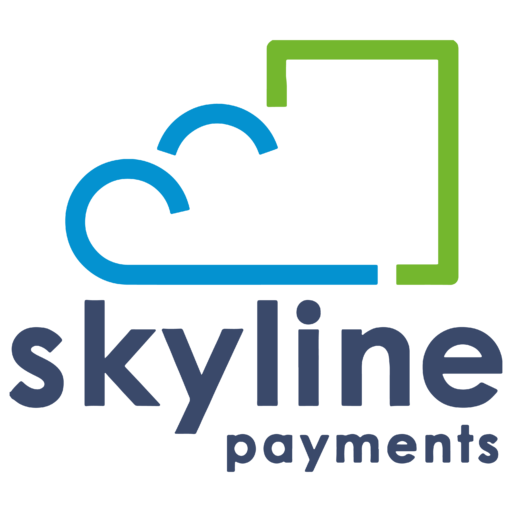Why 60 hours?
We believe 60 hours is the sweet spot for sustained high output—enough to outpace competitors without burning out. Every professional in our talent club commits to this rhythm. Every company that hires through us knows exactly what they're getting.
How selective is Worca?
Extremely. We accept only the top 1% of applicants. We screen for skills, stamina, and hunger—so companies get candidates who've already proven they can deliver at a 60-hour pace, and talent joins a community of equally driven professionals.
What roles does Worca cover?
Engineering (AI, Full-Stack, Data), Sales (SDRs, Account Executives), Operations (Revenue Ops, Business Ops, Finance), and Customer Success. If it's mission-critical and demands intensity, we cover it.
How fast can I get matched?
Two days. Tell us what you need, and we'll introduce you to pre-vetted candidates within 48 hours. No recruiter back-and-forth, no months of interviews.
Where is Worca talent based?
Philippines, Taiwan, Vietnam, Singapore, and Thailand—selected for English fluency, US-timezone overlap (4-8 hours daily), and cultures where hard work is the norm, not the exception.
Is this remote or in-office?
In-office. Worca operates coworking spaces in all key cities across the Philippines, Taiwan, Vietnam, Singapore, and Thailand. Talent is expected to report to the office during working hours—no exceptions.
What are the working hours?
Most roles require full overlap with US Pacific Time (PST)—our clients are primarily Silicon Valley tech companies. That means evening and night shifts in Asia. If that doesn't work for you, Worca isn't the right fit.
Is Worca right for me?
If you want "work-life balance," no. If you want to build something that matters alongside people who take their craft seriously, yes.



